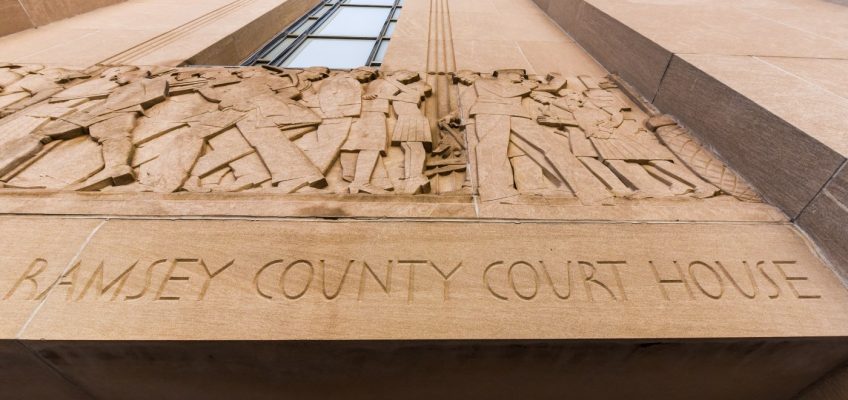By TIM SULLIVAN
A team of lawyers filed suit Thursday against federal authorities on behalf of immigrants facing what they called “ruinous civil fines” that reach up to $1.8 million.
Related Articles
Judge to rule on whether to release Kilmar Abrego Garcia from immigration custody
Justice Department is examining handling of mortgage fraud investigation into Sen. Adam Schiff
Judge orders Trump administration to end National Guard deployment in DC
Trump administration announces plan for new oil drilling off the coasts of California and Florida
Vance says Americans need patience on prices but says ‘We hear you’ on affordability concerns
Daily fines of $998, designed to encourage immigrants in the U.S. illegally to leave the country, have been imposed on more than 21,500 people who the lawyers said were trying to comply with immigration laws.
The fines are “grossly disproportionate to the gravity,” of any immigration violations, said the suit, calling them unconstitutional.
The lawsuit was filed in a Massachusetts court on behalf of two immigrant women. It seeks class-action status to represent people facing fines that lawyers say have totaled more than $6 billion since President Donald Trump returned to office early this year and launched an immigration crackdown.
“The people we serve are doing exactly what the law requires — pursuing legal relief through immigration courts and immigration agencies,” Hasan Shafiqullah, a supervising attorney with The Legal Aid Society, one of the groups handling the suit, said in a news release. “In return, the government is threatening to seize their wages, cars, even their homes.”
One of the two plaintiffs, a Florida woman identified in the complaint only as Nancy M. to shield her from retribution, had been ordered to leave the U.S., but also had what’s known as an “order of supervision” and was meeting annually with immigration authorities as she tried to become a legal permanent resident.
Instead, earlier this year she received a bill for roughly $1.8 million, a number apparently reached by totalling daily $998 fines for the past five years.
Starting soon after Trump was sworn in, the administration announced a series of efforts to encourage immigrants to leave the U.S.
In February, the Department of Homeland Security announced that people in the country illegally could face “significant financial penalty” if they chose to stay.
Trump and Homeland Security Secretary Kristi Noem “have a clear message for those in our country illegally: leave now,” DHS Assistant Secretary Tricia McLaughlin said in a February statement. “The Trump administration will enforce all our immigration laws — we will not pick and choose which laws we will enforce.”
The department did not immediately respond to a request for comment.




